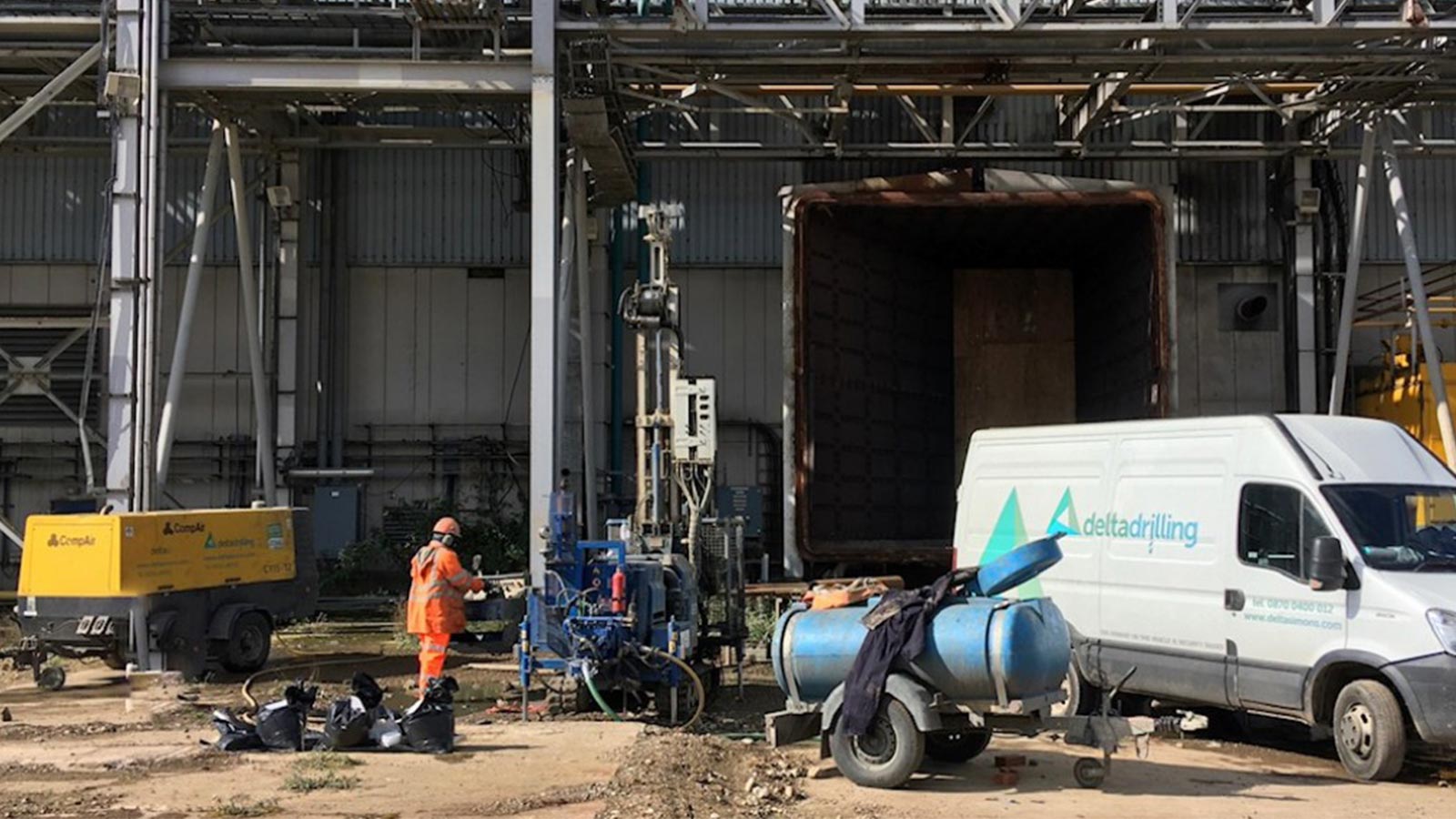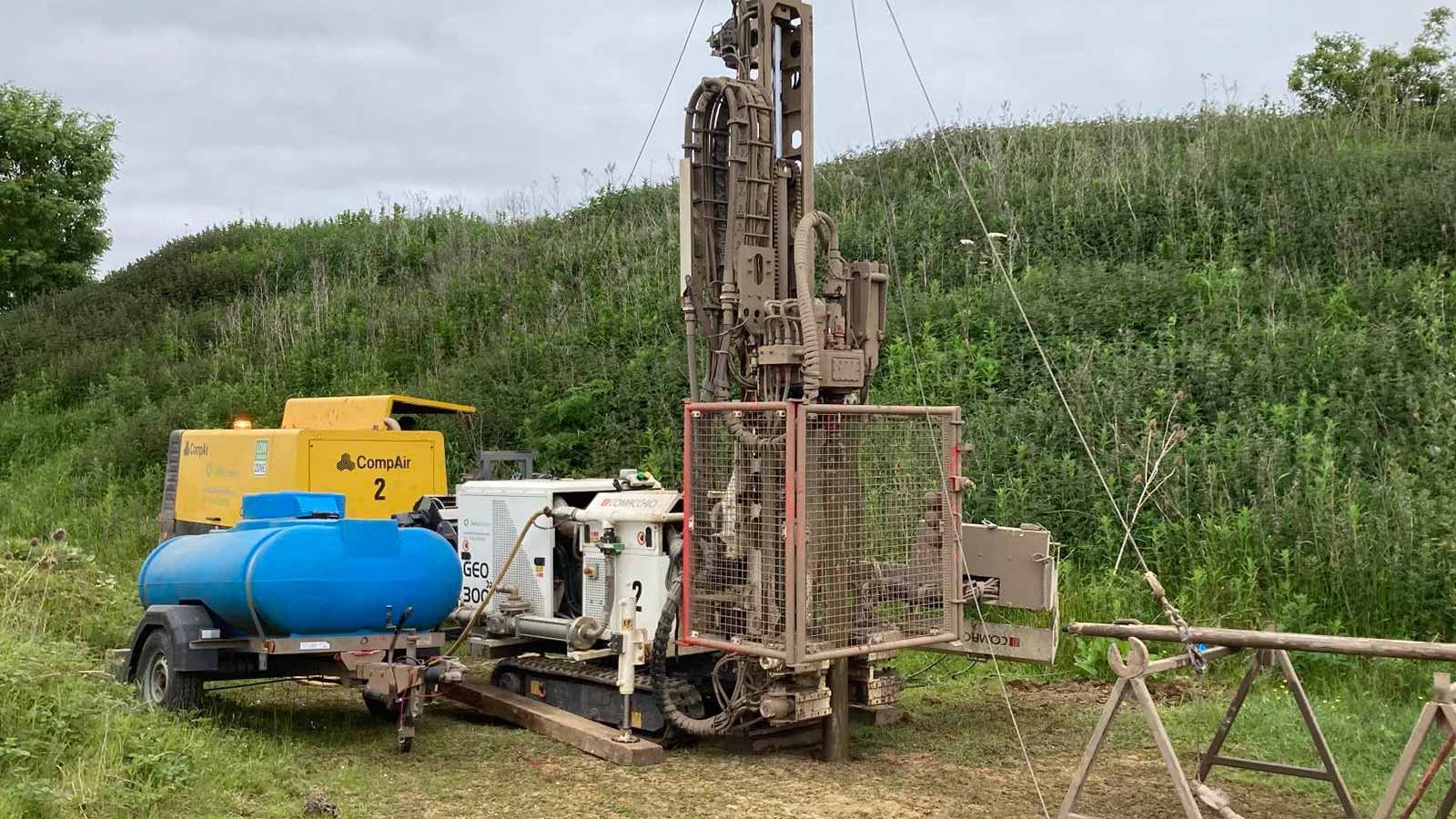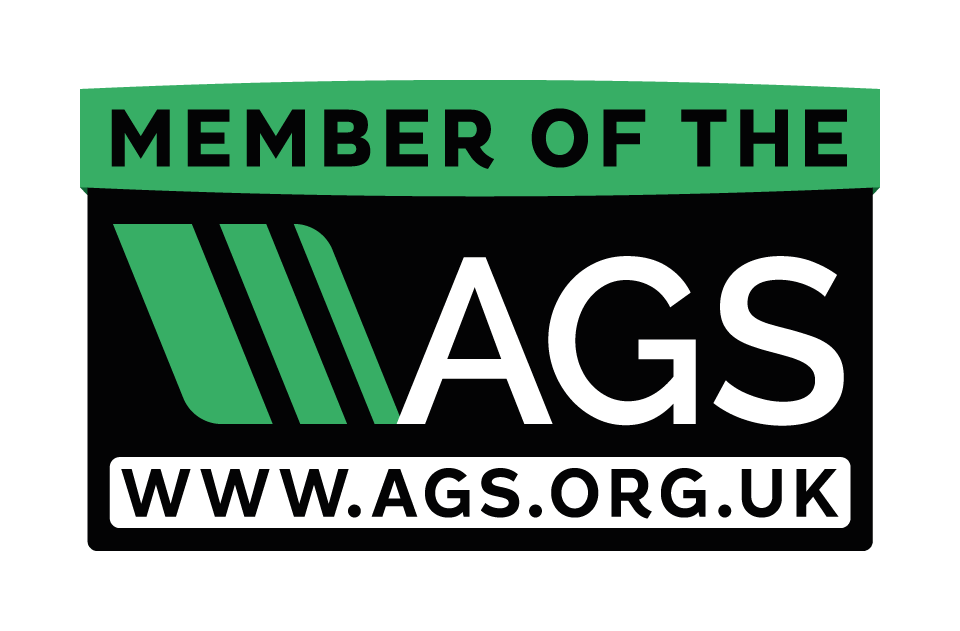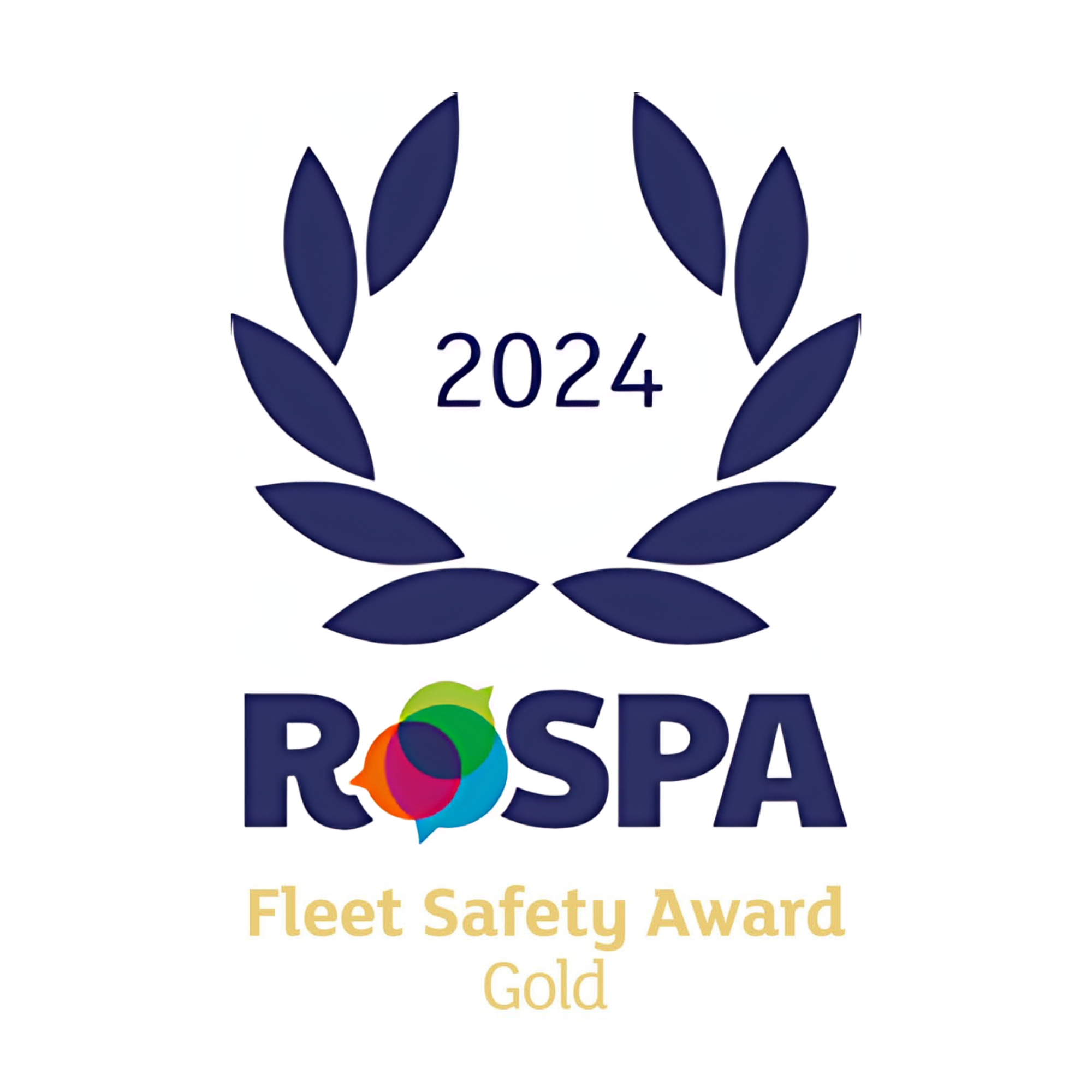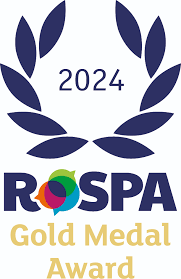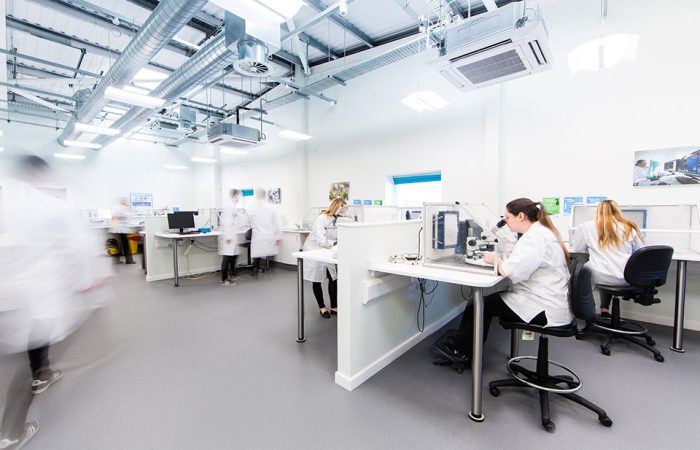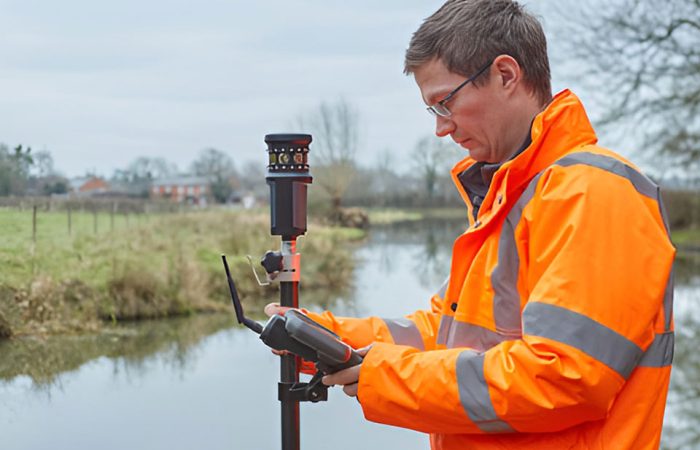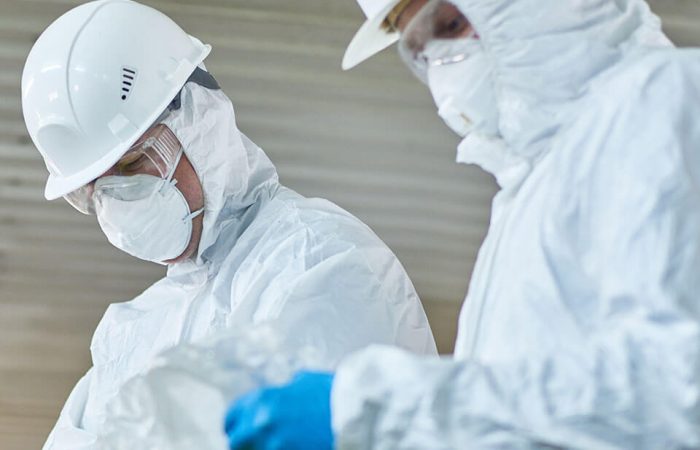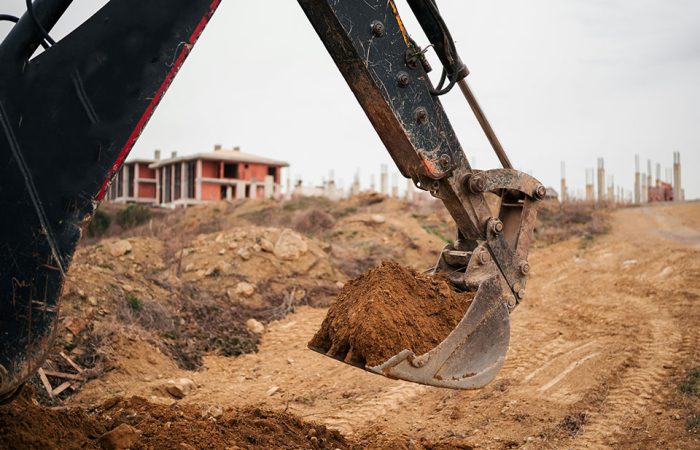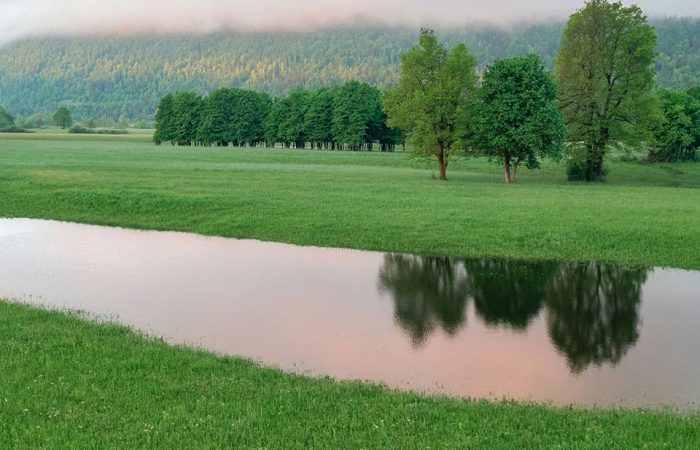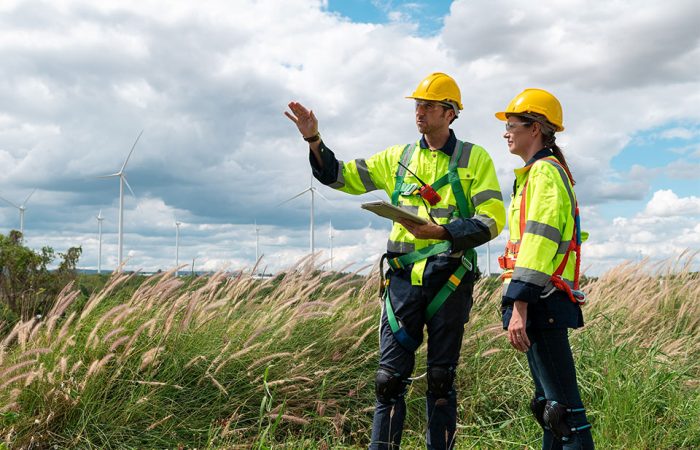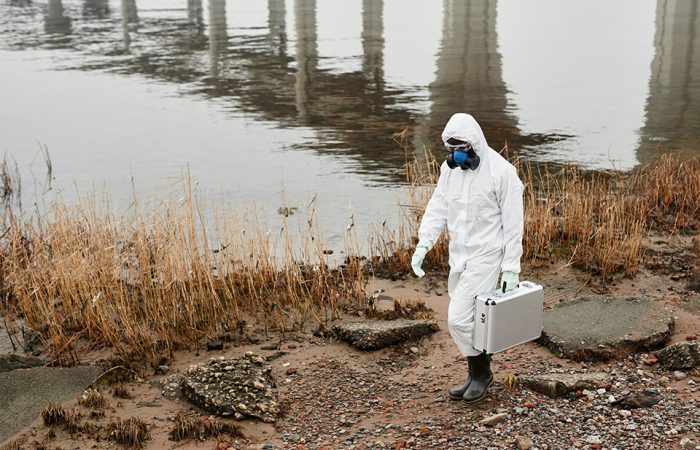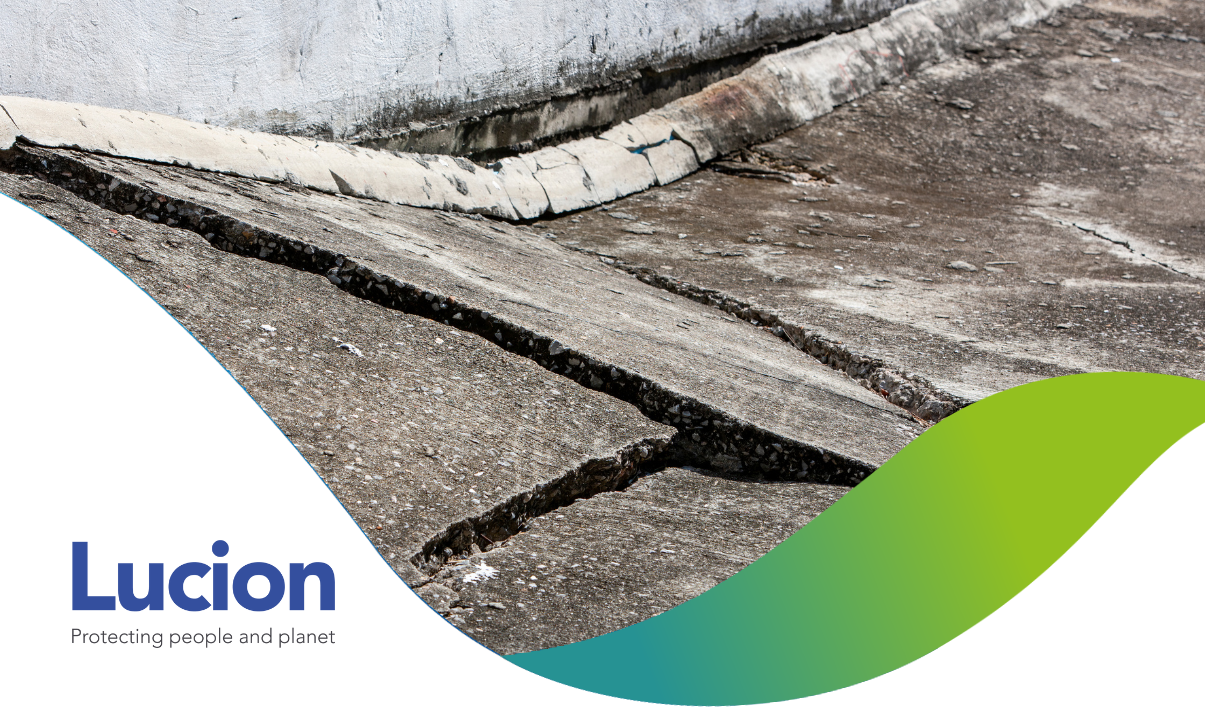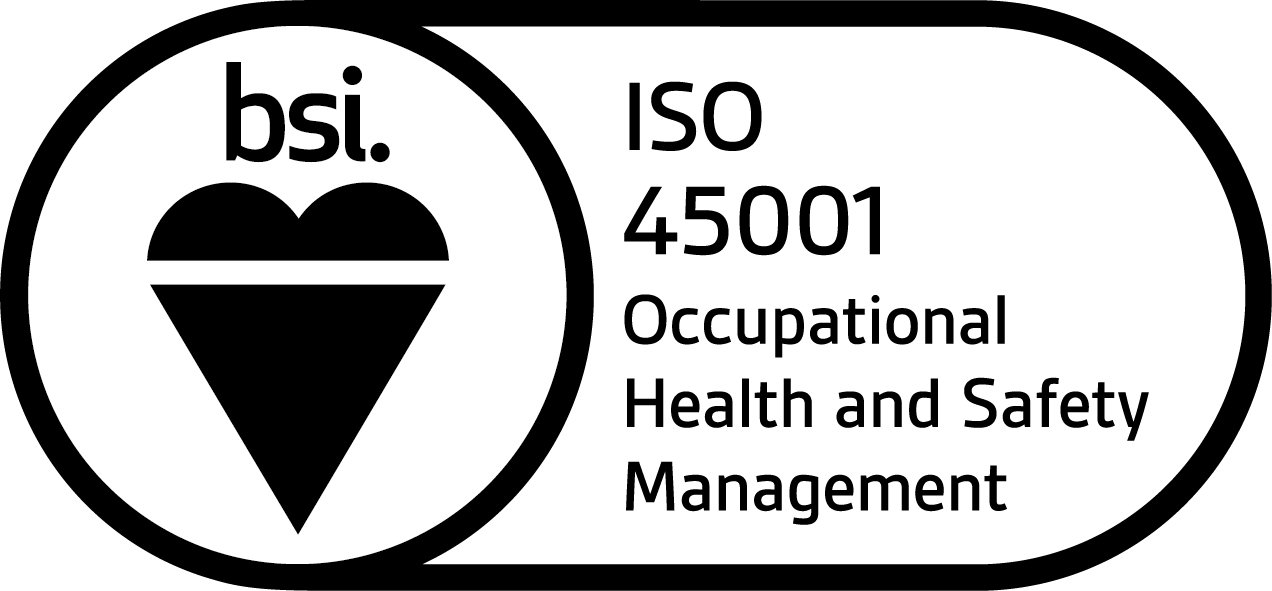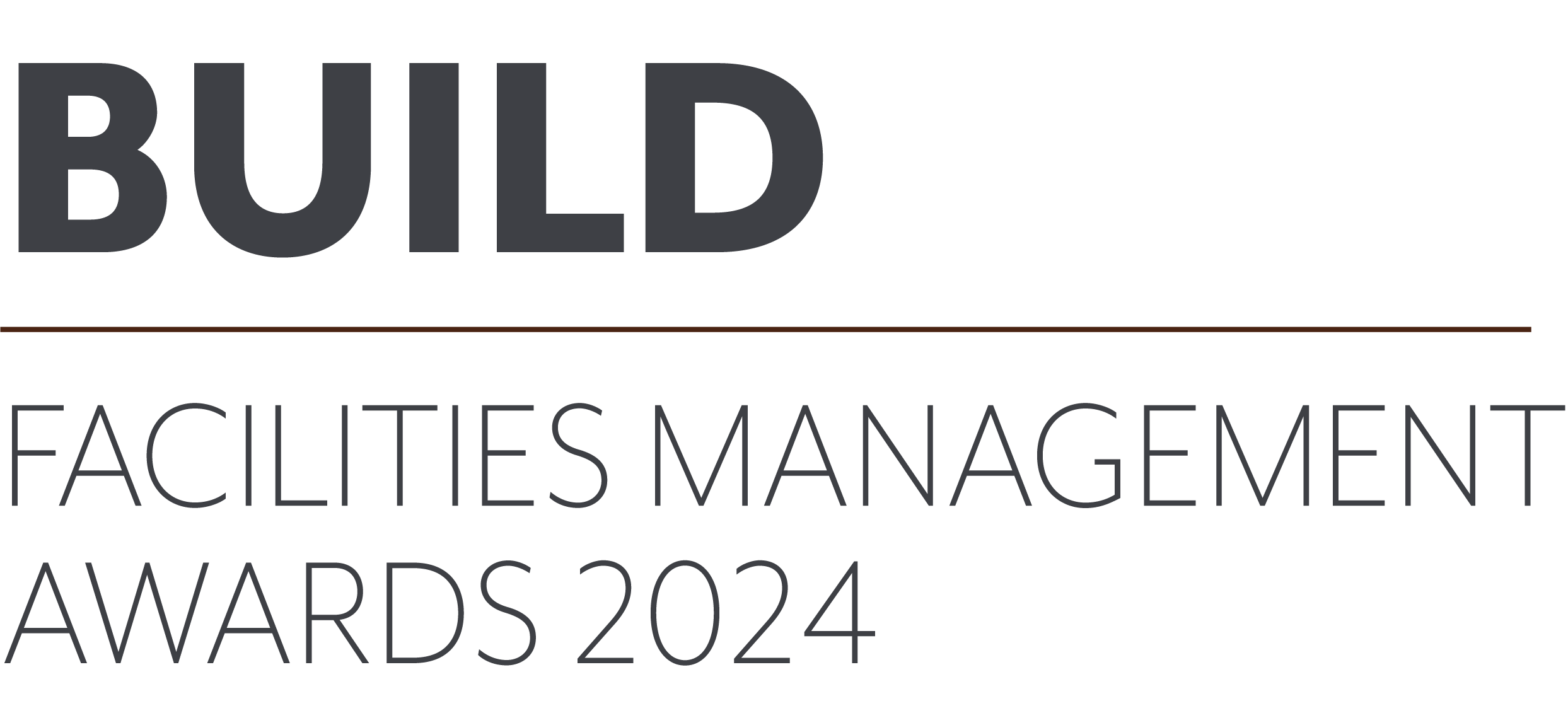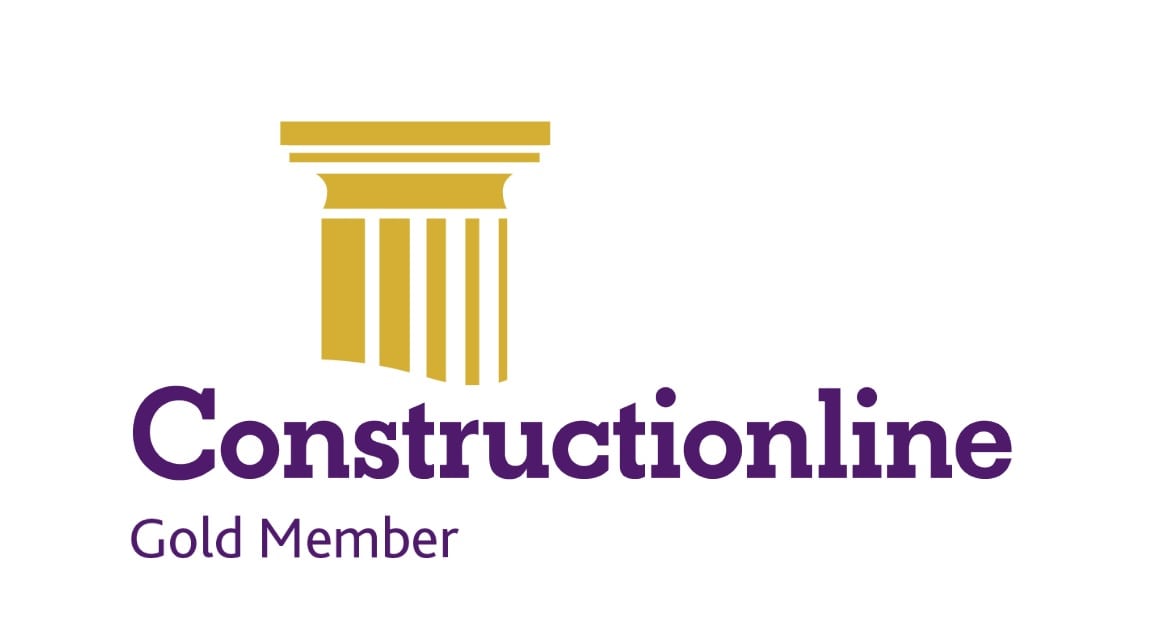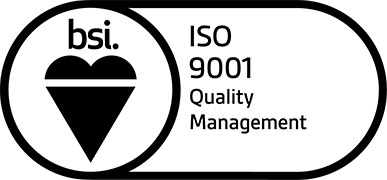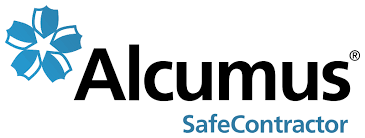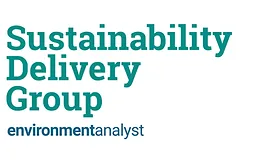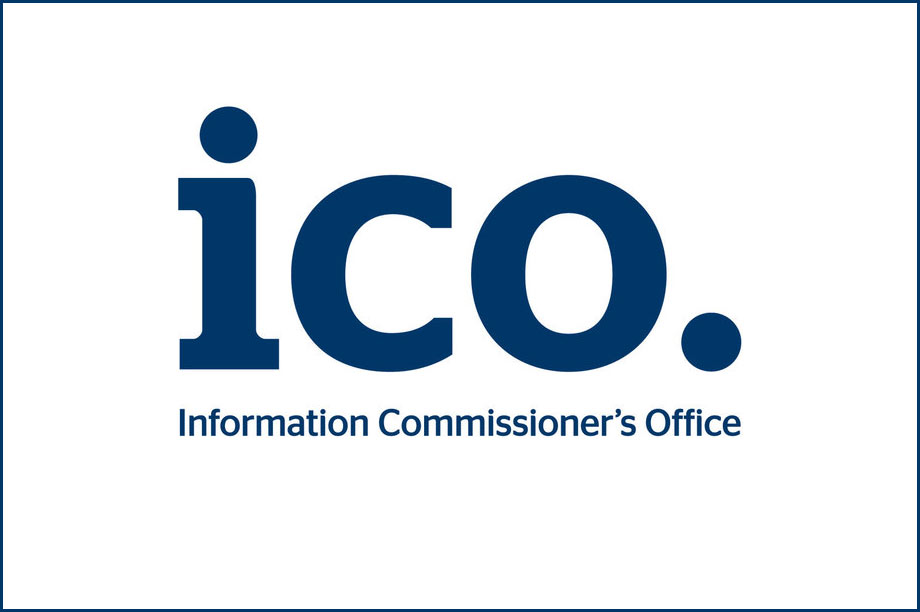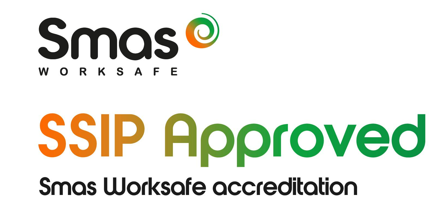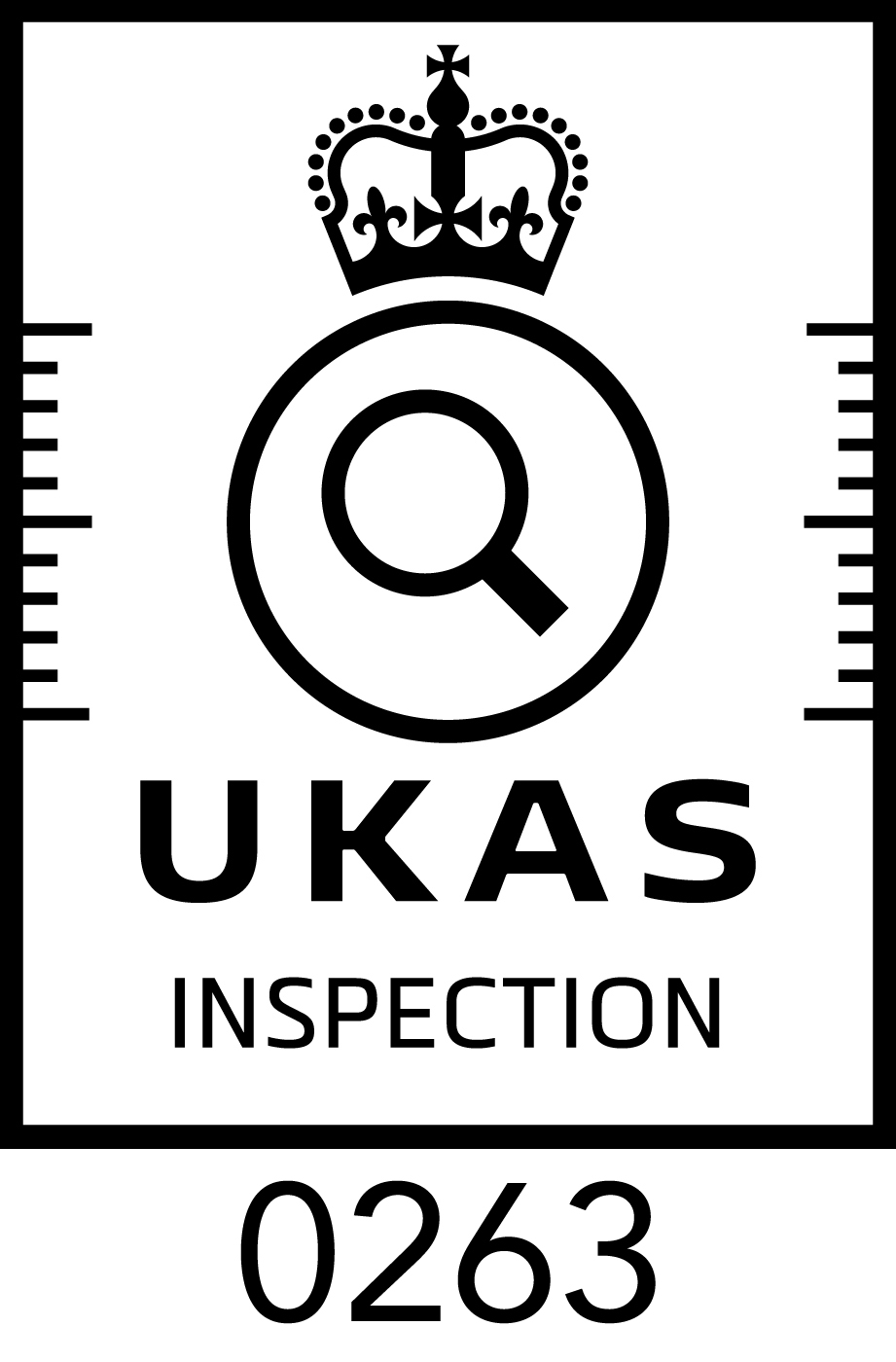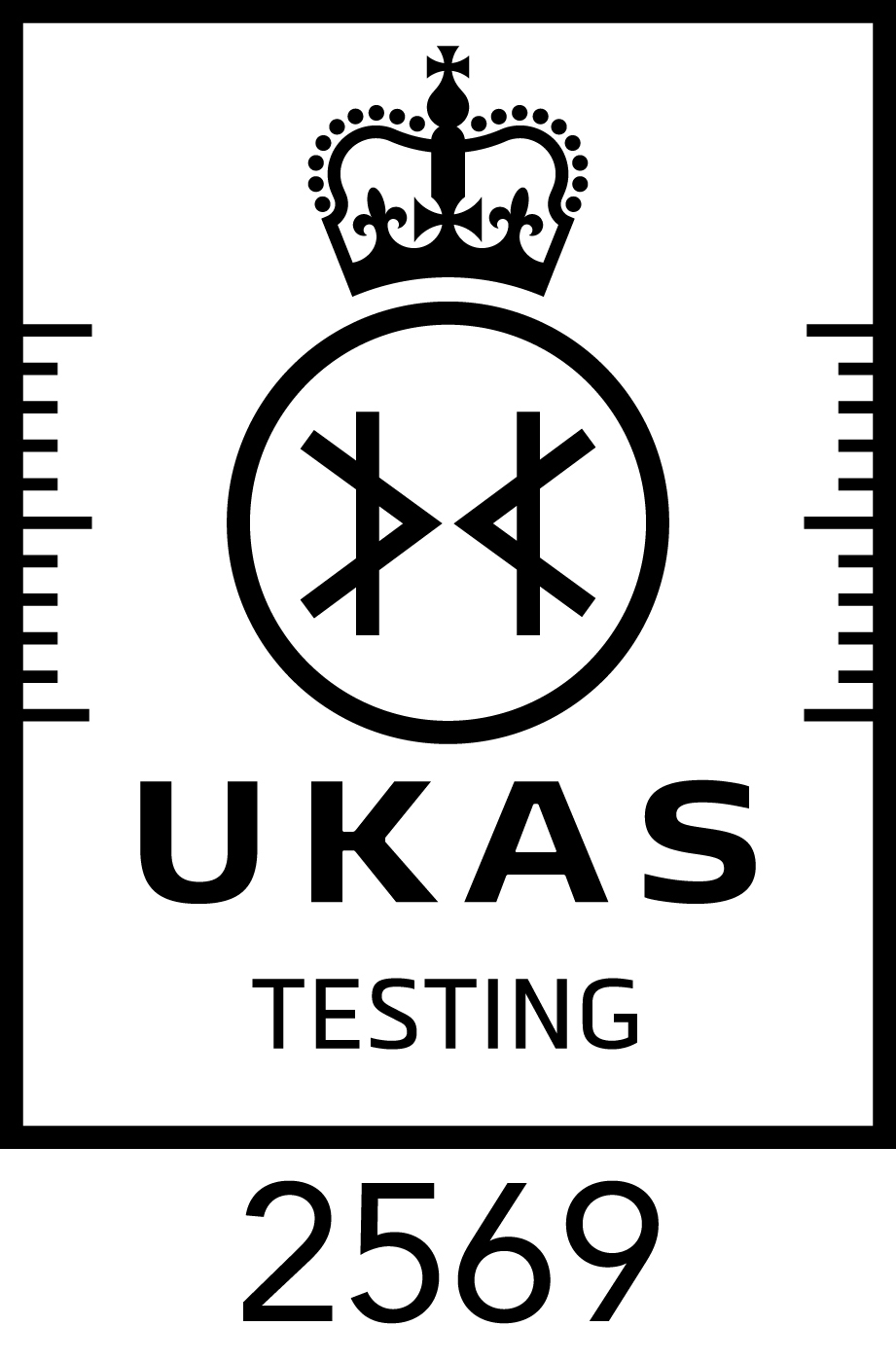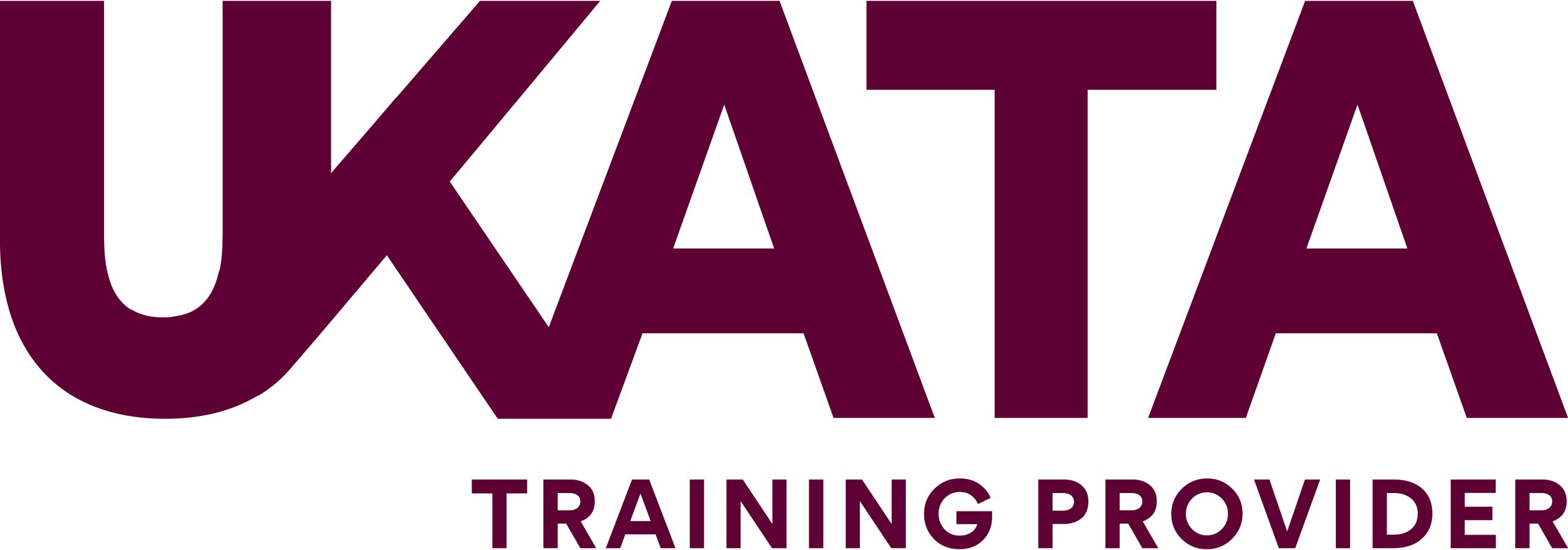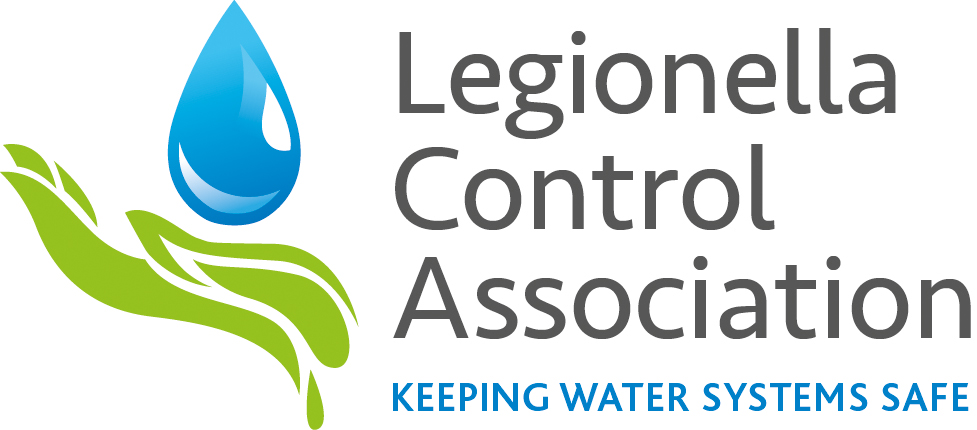Ensure the success of your construction projects with Lucion’s comprehensive ground investigation surveys. Our expert team provides essential geotechnical data to identify potential issues and optimise design and construction strategies.
Whether you are developing a new construction project or working on existing structures, understanding the ground conditions and subsurface structure is crucial for ensuring the success and safety of your project. Lucion’s comprehensive ground investigation surveys provide you with the essential geotechnical data needed to identify potential issues, optimise design and construction strategies, and mitigate risks.
Our experienced team of ground engineers and geo-environmental consultants work closely with you to design and implement site-specific ground investigation programmes that meet your project requirements. Using a phased approach, we start with detailed desktop studies and site reconnaissance to gather existing information and identify areas for further investigation. We then conduct preliminary ground investigations, including examination of any existing excavations, to determine the need for more in-depth surveys.
Lucion’s ground investigation surveys for construction projects include:
Dynamic Cone Penetration (DCP) Testing
Our team conducts DCP testing to assess the in-situ strength and stiffness of soils and weak rocks, providing valuable data for foundation and pavement design.
Trial Pitting and Excavations
We excavate trial pits and trenches to expose and examine the subsurface conditions, enabling detailed logging and sampling of soils and rocks.
Coring and Boring
Our ground investigation programmes include coring and boring techniques to obtain samples and assess the geological structure of the site. We work with your design team to determine the extent and location of boreholes and excavations prior to starting works.
Geotechnical Logging and Sampling
Our team provides detailed logging and sampling of soils and rocks encountered during the ground investigation, following industry standards and best practices to ensure the quality and reliability of the data obtained.
Duct Proofing
We conduct duct proofing surveys to assess the condition and integrity of existing ducting and drainage systems, identifying any defects or blockages that could impact your project. As a multidisciplinary organisation, we provide CTTV Drainage Surveys and Floor Risk & Drainage Assessments.
All our ground investigation surveys are carried out by qualified and experienced personnel, using state-of-the-art equipment and following industry best practices. We provide comprehensive factual and interpretive reports, including detailed logs, test results, and recommendations, to support your design and construction decisions.
By partnering with Lucion for your construction project ground investigation needs, you can have confidence in the quality and reliability of the geotechnical data obtained. Our surveys help you identify and mitigate potential ground-related risks, optimise your design and construction strategies, and ensure the successful delivery of your project.


